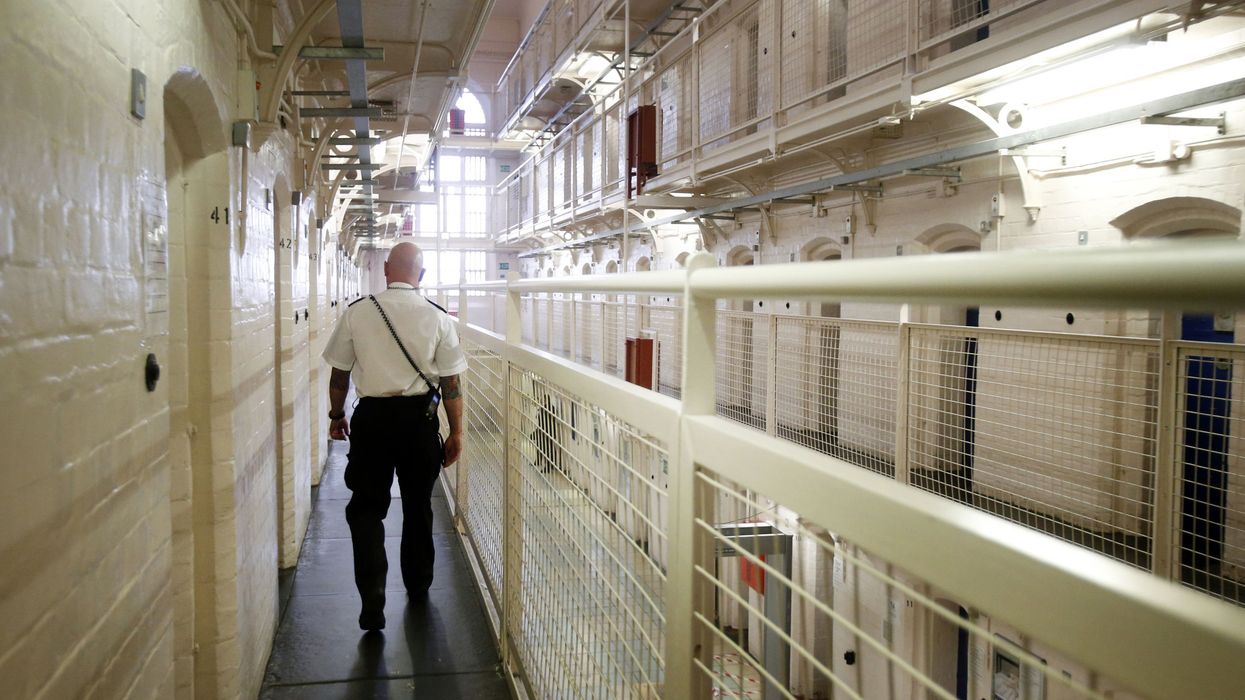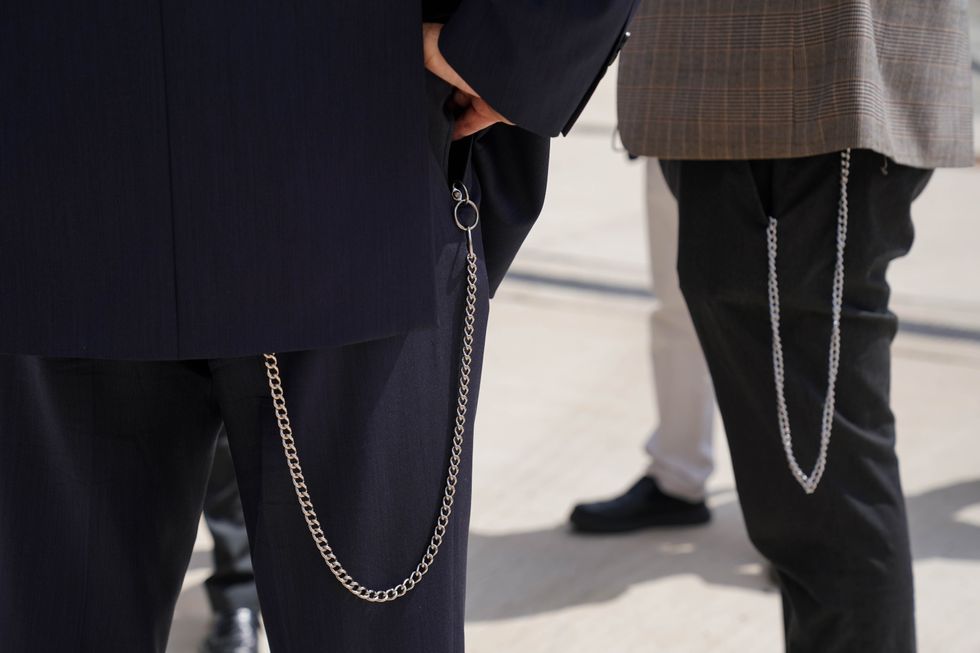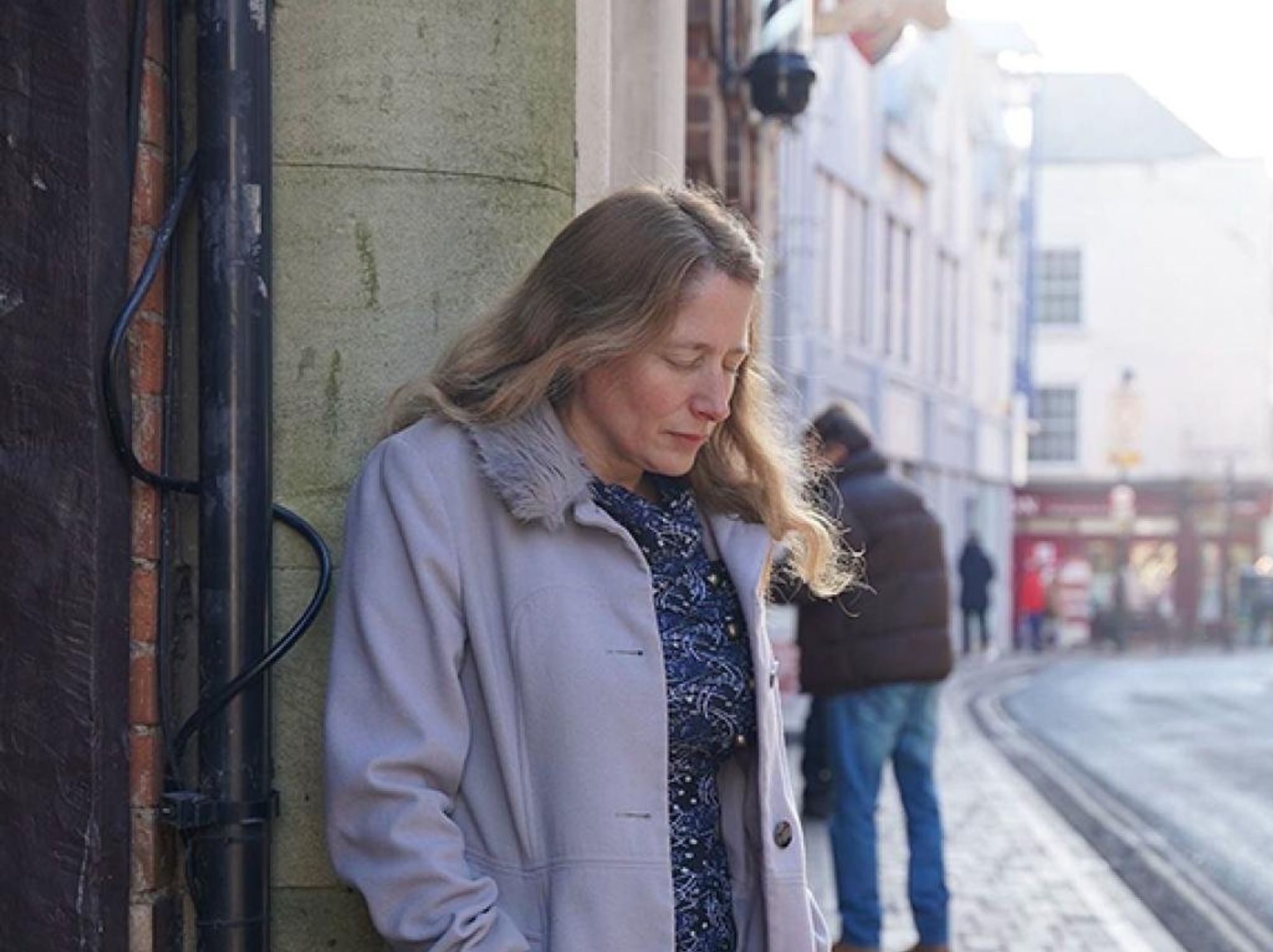Scotland in new trans prisoner plan that lets transgender criminals visit women’s jails

A general view of a prison in Scotland
|PA

Women’s campaigners have labelled the decision as 'outrageous'
Don't Miss
Most Read
Prison chiefs in Scotland have unveiled new plans to let transgender criminals serve in women’s jails.
The move is thought to help prepare the inmates for life as women on release, a report has claimed.
Trans inmates who have been deemed too dangerous to serve their sentences might also be allowed to mingle with female inmates.
Women’s campaigners have labelled the decision as “outrageous”, The Times has reported.
WATCH NOW: Caitlyn Jenner says trans women are not really women
The Scottish Prison Services last week published its new policy on the management of transgender prisoners.
The recommendations will come into effect in February.
Critics argue that the door has been left open for trans women.
It has even been claimed that people self-identifying as female who have convictions for violence against women could serve sentences in the female estate provided there is “compelling evidence that they do not present an unacceptable risk of harm to those in the women’s prison”.
LATEST DEVELOPMENTS:
MSPs join organisers of women's rights groups at a protest outside the Scottish Parliament,
|GETTY
The equality assessment report said: “Transgender people in custody should be provided the opportunity and supported to work towards being accommodated in an estate that aligns with their affirmed gender so that, on release to the community, they have had the opportunity to live with those who share their affirmed gender.”
It added: “While it may be necessary to accommodate transgender individuals in a prison which does not align with their affirmed gender, there may be other ways of supporting their gender identity, for example through access to work parties, activities, or even programmes with others of their gender identity.
“By participating in activities and programmes in that estate while remaining housed in the estate which aligns with their gender assigned at birth, where it is deemed safe to do so for the individual and for others.”
An SPS spokesman defended the policy change amid a growing backlash.

A general view of prison staff during the official opening of HMP Fosse Way
|PA
He said: “Our new policy supports the health, safety and wellbeing of all people living and working in Scotland’s prisons, by taking an individualised approach to the admission, placement, and management of transgender people.
“We will carefully consider a range of factors, including offending history, with a particular focus on violence against women and girls, when assessing risk.
“No transgender women, with a history of violence against women and girls, who present a risk to women, will be placed in the female estate.”
However, Keep Prisons Single Sex’s Kate Coleman warned the policy is “sinister”.

Scottish Conservative MSP Russell Findlay
|GETTY
She said: “I am horrified at the suggestion that male prisoners who even the SPS deem to be unsafe for the female estate should nevertheless be able to access activities in women’s prisons for reasons that include being able to practise being a woman.
“This is an outrage. I am disgusted that this policy, as inadequate to ensure the safety of women as it is, appears to be hiding a reality that is far more sinister in the danger that it presents to female offenders.”
Russell Findlay, the Scottish Conservative shadow justice secretary, added: “The new policy on transgender prisoners effectively permits male sex offenders access to women’s prisons.
“In line with the SNP’s dangerous gender self-ID law, the rights of male-bodied sex criminals who say they are female are deemed more important than vulnerable women in custody.”










